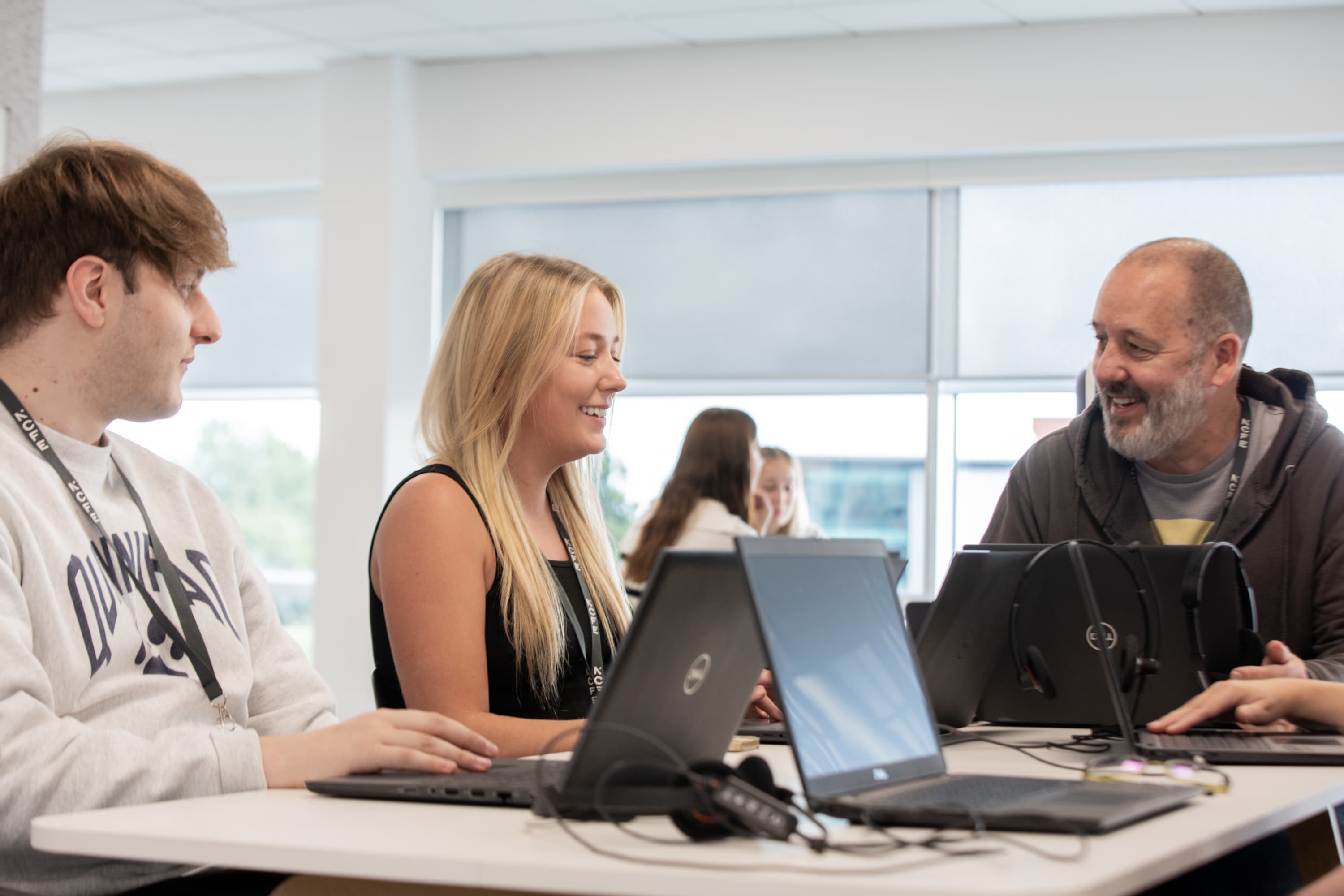Portal - Multi-factor authentication is required every time you log in and you'll need to set this up in order to access the Portal. For guidance on multi-factor authentication, please explore our FAQs page.
Resources - To download resources from the qualification webpages, you first need to log into the Customer Dashboard using your Portal login. For more information, please see our guidance on downloading resources. We’re currently experiencing problems with downloading some of our teaching resources from qualification pages. We’re working to fix the issues as soon as possible and we apologise for any inconvenience.










